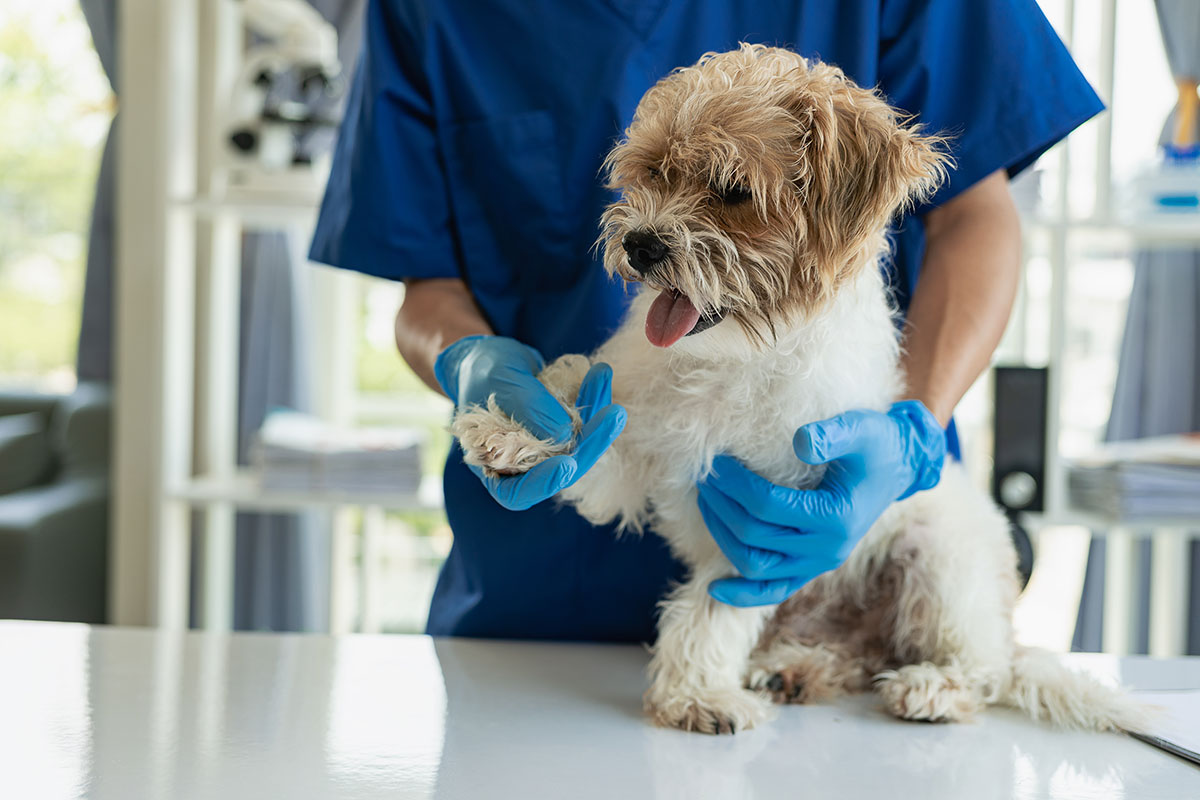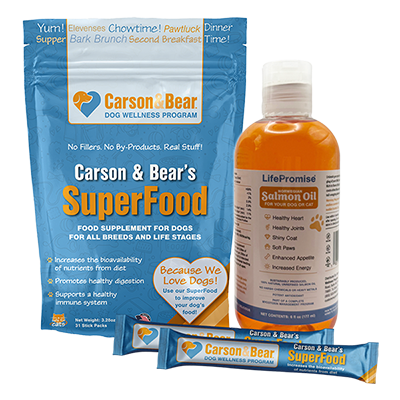As a loving dog parent, you want to do everything you can to keep your furry friend healthy and safe. One of the most important things you can do is to make sure they are up to date on their vaccinations. Vaccines help protect your dog from a variety of serious and potentially fatal diseases. Think of them as an essential part of your dog’s preventative healthcare plan, just like regular checkups and a balanced diet.
What Vaccines Do Dogs Actually Need?
This is a question many dog owners ask, and it’s an important one! Not all vaccines are created equal, and understanding the difference between core and non-core vaccines is key.
- Core Vaccines: These are considered essential for all dogs, regardless of lifestyle or risk factors. They protect against diseases that are widespread, highly contagious, and pose a serious health threat.
- Non-Core Vaccines: These are recommended based on your dog’s individual needs and risk factors, such as their lifestyle, geographic location, and potential exposure to certain diseases.
Core Vaccines: The Essentials
The core vaccines for dogs, as recommended by the American Animal Hospital Association (AAHA), include:
- Canine Distemper Virus (CDV): This virus is a serious threat to unvaccinated dogs. It attacks the respiratory, gastrointestinal, and nervous systems. It often starts with flu-like symptoms and can progress to seizures, paralysis, and even death.
- Canine Adenovirus Type 2 (CAV-2): This virus is one cause of canine infectious hepatitis, a serious condition that affects the liver. It can lead to fever, jaundice, abdominal pain, and in severe cases, liver failure.
- Canine Parvovirus (CPV): This highly contagious virus is a major concern, especially for puppies. It causes severe vomiting and diarrhea, leading to dehydration and often death. It can linger in the environment for a long time, making it a persistent threat.
- Rabies Virus: This deadly virus attacks the nervous system and can be transmitted to humans through bites. It causes neurological symptoms and is almost always fatal once symptoms appear. Vaccination is not only crucial for your dog’s health but also for public health.
- Parainfluenza: Is not classified as a core vaccine, but, it is commonly included in combination with core vaccines. It is a highly contagious respiratory virus that contributes to kennel cough.
Why Are Core Vaccines So Important?
Core vaccines protect your dog from diseases that can have devastating consequences:
- Severe Illness: Symptoms can range from mild to life-threatening, requiring extensive veterinary care and causing your dog significant discomfort.
- Long-Term Health Problems: Some diseases can cause permanent damage to organs or systems, impacting your dog’s quality of life.
- Death: Sadly, some of these diseases have high fatality rates, especially in puppies and unvaccinated dogs.
- Spread to Other Dogs: Unvaccinated dogs can spread diseases to other dogs, including vulnerable puppies, senior dogs, and those with weakened immune systems. By vaccinating your dog, you are also helping to protect the wider dog community.
How Often Does a Dog Need Vaccinations?
This is where it can get a bit tricky, and it’s important to work with your veterinarian. Here’s a general guideline:
- Puppy Vaccines: Puppies start their core vaccinations at around 6-8 weeks of age. They then need a series of booster shots every few weeks until they are about 16 weeks old. This ensures their immune system is fully prepared to fight off these diseases.
- Adult Dog Vaccines: After the initial puppy series, adult dogs need booster shots every 1-3 years, depending on the vaccine and your veterinarian’s recommendations.
Do Dogs Really Need Vaccines Every Year?
Not necessarily! The idea of annual vaccinations for all dogs is becoming outdated. Research has shown that many vaccines provide immunity for longer than a year. Over-vaccination can potentially increase the risk of adverse reactions. Your veterinarian can perform titer tests to assess your dog’s immunity levels and determine if a booster is truly necessary.
Puppy Vaccines vs. Adult Dog Vaccines
- Puppy Vaccines: Puppies receive a series of vaccinations to build up their immunity as their maternal antibodies wane. These initial vaccines are crucial for protecting them during their most vulnerable stage.
- Adult Dog Vaccines: Adult dogs receive booster shots to maintain their immunity throughout their lives. The frequency of these boosters depends on the specific vaccine and your dog’s individual needs.
What About Non-Core Vaccines?
Non-core vaccines are recommended based on your dog’s lifestyle and risk factors. Some examples include:
- Bordetella bronchiseptica: This bacterium is a common cause of kennel cough, a highly contagious respiratory infection. It’s often recommended for dogs who frequent dog parks, boarding facilities, or grooming salons.
- Leptospira bacteria: These bacteria can cause leptospirosis, a serious disease that affects the kidneys and liver. It’s often recommended for dogs who are exposed to wildlife or contaminated water.
- Lyme disease: This tick-borne disease can cause a variety of symptoms, including fever, joint pain, and lethargy. It’s often recommended for dogs who live in areas where Lyme disease is prevalent.
- Canine influenza: This virus causes dog flu, a contagious respiratory illness. It’s often recommended for dogs who are frequently around other dogs, such as those who attend dog shows or daycare.
Your veterinarian can assess your dog’s risk factors and recommend the appropriate non-core vaccines.
Vaccine Safety
Vaccines are generally safe and effective, but like any medical procedure, they can have potential side effects. Most side effects are mild, such as soreness at the injection site, lethargy, or a mild fever. Serious side effects are rare.
It’s important to discuss any concerns you have about vaccine safety with your veterinarian. They can provide you with information about the risks and benefits of vaccination and help you make informed decisions about your dog’s health.
Talk to Your Vet
It’s crucial to talk to your veterinarian about your dog’s vaccination needs. They can help you determine which vaccines are right for your dog based on their age, lifestyle, and health history. They can also answer any questions you have about vaccine safety and efficacy.
Protecting Your Pup is a Priority
By keeping your dog up to date on their core vaccines, you are giving them the best possible protection against these dangerous diseases. This is one of the most important things you can do to ensure your furry friend lives a long and healthy life.
References:
- American Animal Hospital Association (AAHA). (2022). 2022 AAHA Canine Vaccination Guidelines.
- Centers for Disease Control and Prevention (CDC). (2023). Rabies.



